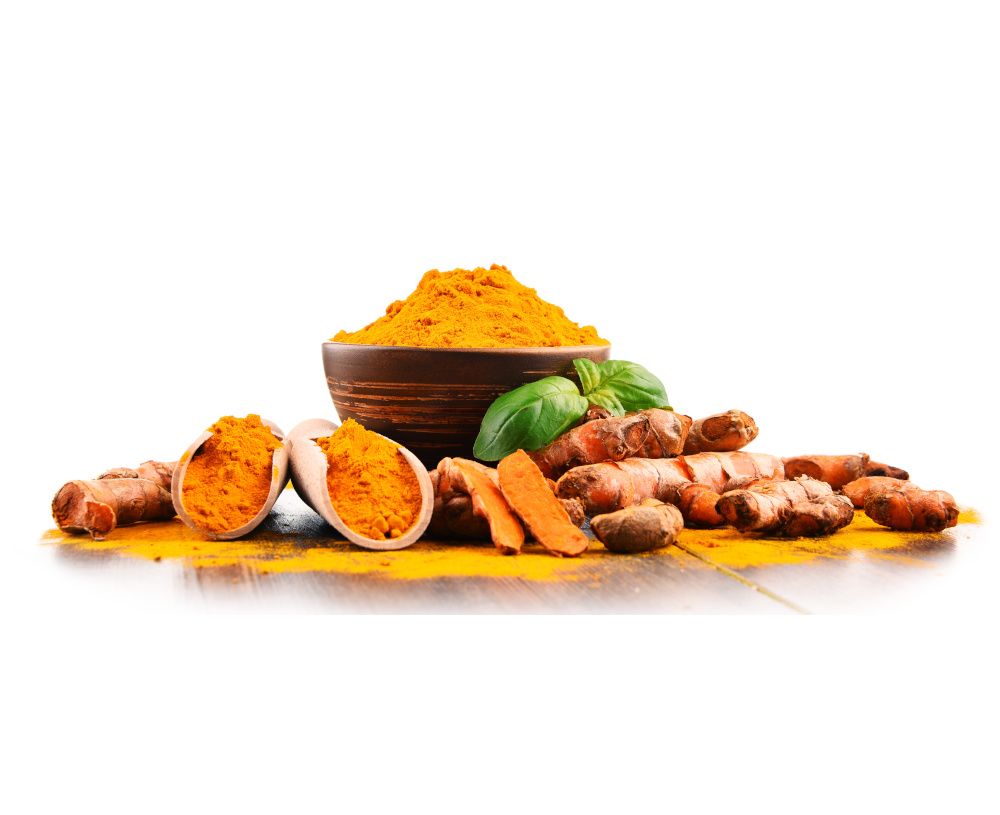Pairing curcumin, zinc may boost curcumin’s antioxidant, anti-inflammatory, and bioavailability abilities, review paper states
A new review paper covers another promising approach to improving curcumin’s bioavailability: complexing curcumin with metals—zinc, in particular—to improve its bioavailability as well as its antioxidant and anti-inflammatory capabilities.
Despite its many health benefits, curcumin, derived from turmeric (Curcuma longa), is a notoriously hydrophobic ingredient. Curcumin’s water insolubility makes bioavailability a challenge, which is why scientists have historically modified curcumin’s structure using nanoparticles, liposomes, micelles, and phospholipids in an effort to improve its absorption in the body and to maximize the health benefits obtained by consuming it. A new review paper covers another promising approach to improving curcumin’s bioavailability: complexing curcumin with metals—zinc, in particular—to improve its bioavailability as well as its antioxidant and anti-inflammatory capabilities.
In the review, published in the International Journal of Molecular Sciences, the authors notes that “complexes of curcumin with transition metals may provide another approach to overcome the issues associated with curcumin.”
“In recent decades,” they write, “complexes of curcumin with various metals have been synthesized to overcome the issues associated with curcumin and to make it more biologically potent. Metals interact with the curcumin ligand, which brings a modification to curcumin’s overall structure and improves the biological efficacy of curcumin.” For instance, they explain, metals can have a “stabilizing” effect on curcumin; whereas free radicals can bind to curcumin, change its structure, and cause oxidation, metals can prevent “distortion” of the curcumin molecule’s structure in the presence of free radicals.
It's been shown that curcumin “strongly chelates” a range of metal ions, including boron, cobalt, copper, gallium, gadolinium, gold, lanthanum, manganese, nickel, iron, palladium, platinum, ruthenium, silver, vanadium, and zinc; however, zinc is a particularly good mineral contender for the job, with studies showing that “zinc appears to possess an increased ability to enhance antioxidant activity when complexed to curcumin”—more so than either free curcumin or free metal ions alone, they write. As they explain, “This may be due to zinc’s ability to stabilize the interaction energies of metal complexes with free radicals better than manganese or iron.”
Zinc can also bolster curcumin’s anti-inflammatory properties. The researchers cite research showing that a zinc-curcumin complex inhibited levels of proinflammatory cytokines, and that the zinc-curcumin combo “inhibits various inflammatory pathways.”
In conclusion, they state: “Metal-curcumin complexes increase the solubility, cellular uptake, and bioavailability and improve the antioxidant, anti-inflammatory, antimicrobial, and antiviral effects of curcumin. These biological activities of metal-curcumin complexes were associated with the modulation of inflammatory mediators, transcription factors, protein kinases, antiapoptotic proteins, lipid peroxidation, and antioxidant enzymes.” More research is needed, they say, but this approach to curcumin “shows great promise for better treatment and prevention in a wide variety of health conditions.”
The study’s authors included nutraceutical researcher Rajiv Lall, CEO of ProbioticSmart LLC. His company sells its 24hr Supplement that features a trademarked zinc-curcumin complex called TurmiZn-OS.
Reference
- Prasad S et al. “Metal-curcumin complexes in therapeutics: An approach to enhance pharmacological effects of curcumin.” International Journal of Molecular Sciences, vol. 22, no. 13 (June 30, 2021): 7094
